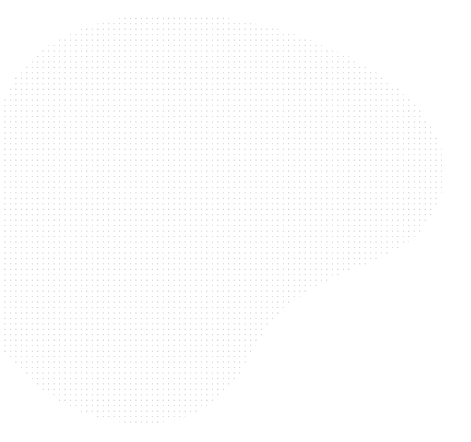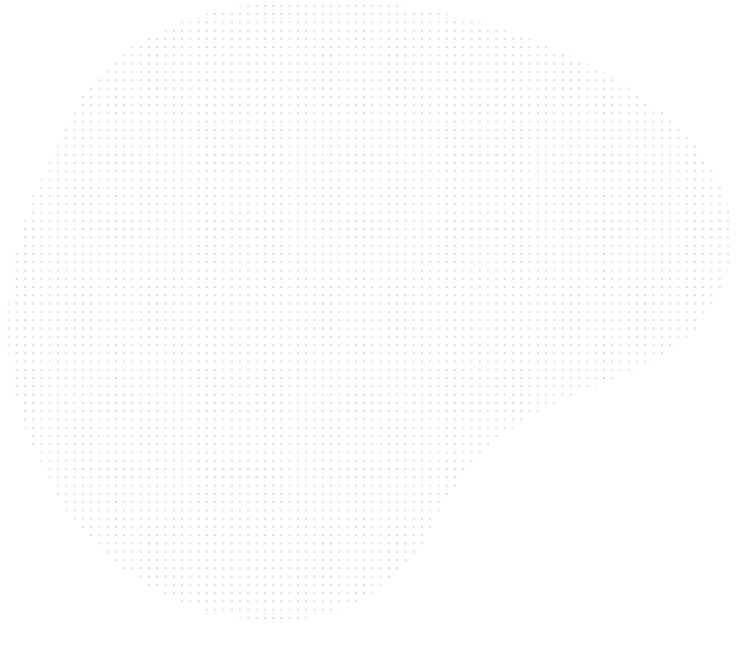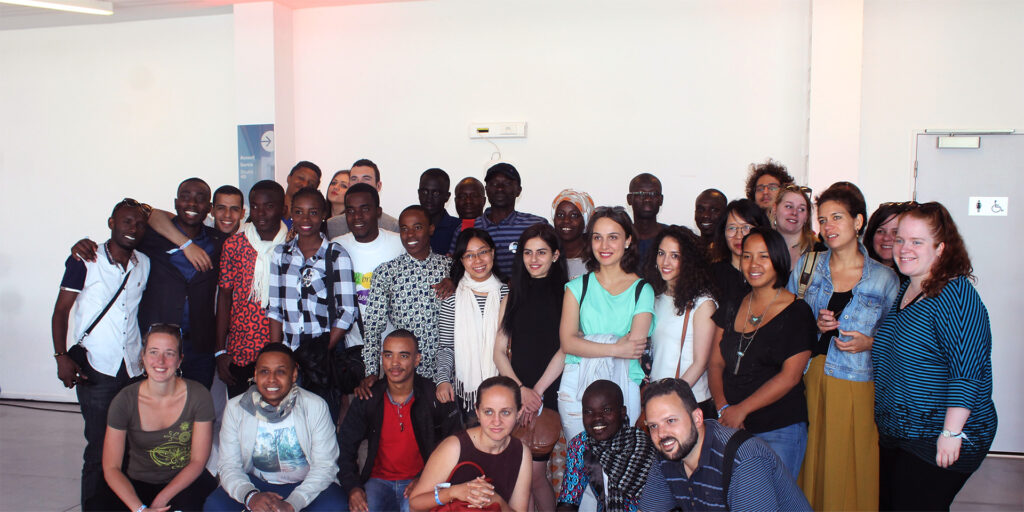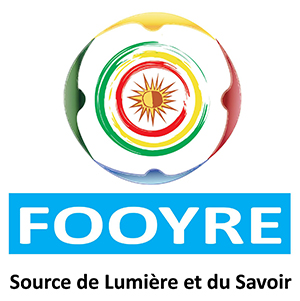
Given the importance of the good practices of agroecology that our ancestral populations seemed to practice in the past, we chose to adopt this system with some modern innovations in order to find a perfect symbiosis of the environmental ecosystem. Within this framework, this community agricultural farm project aims to develop the market gardening and arboriculture sector in the northeastern part of Senegal. Indeed, the site of exploitation of a surface of 17 ha, exploited exclusively by the group of the women of the village, is located in the department of Kanel (region of Matam) and more precisely in the village of Bapalel in the commune of N' Dendory.
Also, beyond the exploitation and innovation in the agricultural sector, the project also aims to participate in the development of the local economy in these localities of the "Dandé-Mayo" rich in natural resources until now under exploited.
The potential in terms of water resources, soil fertility and insolation make this project a growth lever because it is located in the "Dande Mayo" area. Indeed, the "Dande Mayo" is the area covered by the floods of the river and is characterized by the presence of land where irrigated crops and flood recession crops are practiced.
Moreover, through the Kanel Departmental Development Plan, this project is perfectly in line with the modernization of the agricultural sector in the area.
Finally, our association wishes to test the prototype of greenhouse cultivation of market garden products in order to optimize their yield. In the same dynamics, the community agricultural farm wants to be a hub of competitive agropolis of the department of Kanel through specific objectives such as:
- establishment of processing units and packaging of fruit and vegetable products from the site.
- availability and modernization of agricultural equipment (tractors, modernized irrigation system and other useful materials) within the reach of local labor
- development of a green space (natural park) for the promotion of an environmental culture among the population
- Prototyping of greenhouse crops in part of the site area to better evaluate the model and its optimization on yield
- creation of an incubation and capacity building center for agricultural trades
- Involvement of local partners such as: the Departmental Council of Kanel (CDK), the Regional Directorate of Rural Development of Matam (DRDR), the Program of Community Agricultural Domains (PRODAC), the Delegation of Rapid Entrepreneurship (DER), the Agricultural Development Project of Matam (PRODAM), the Women's Promotion Groups (GPF)... .

- Intervention theme
-
- Agri-agro
- Rural economy
- Area of intervention
-
- Senegal
- Skills required
-
- Research and Technical Development
- Operation of equipment/machinery, production
- Manufacture of equipment/machinery
- CSR approach (relationship with stakeholders, optimisation of resources, environmental regulations, etc.)
- Organisational performance (governance, quality, agility...)
- Search for funding
- Cooperation and mutualisation
- Type of partnership
-
- Sponsorship
- Service/Customer
- Co-construction
- Financing
- In search of funding
The Project for the Creation of a Community Agricultural Farm (PCFAC) is an agro-ecological project for the benefit of the women's group of the village of Bapalel in the commune of NDendory, department of Kanel, Matam region in Senegal. Indeed, the main objective of this project is to promote the financial autonomy of these women producers in the Senegal River Valley area as well as their food self-sufficiency in fruits and vegetables. Within this framework, the specific objectives of the project are the following:
- To participate in the empowerment of the Economic Interest Group of the women of the village of Bapalel
- To support the development of the market garden and arboricultural sector in the river valley area
- To fight against malnutrition of the families of the members of the group by developing their food self-sufficiency.
- Promote good agroecological practices in the area through awareness sessions
The expected results of the project are as follows:
- the land is rehabilitated and operational to allow market gardening and arboriculture production.
- The 238 women members of the MSE are operational to exploit the market garden and tree cultivation site and are financially autonomous.
- the 238 women producers of the site ensure the subsistence of their household in fruits and vegetables
- the agroecological approach is promoted among the members of the group but also in the neighboring villages
Results indicators:
- The investments allowing the rehabilitation of the land are finalized.
- The irrigation system is operational.
- 11 ha are exploited and allow the harvest of the following vegetables: tomato, okra, cabbage, onion, turnip, sweet potato, cassava, pepper, local bean, carrot, eggplant, turnip
- 2 ha are exploited and allow the harvest of the following fruits: papaya, banana, citrus, mango
- 3 agricultural campaigns are realized and generate profits.
- The 238 women of the group are equipped, trained and accompanied
- 75% of the village population is supplied by the GIE
- At least half of the 238 women's households in the group have reintroduced vegetables and fruits into their diet on a daily basis through the self-sufficiency plots.
- At least 10 awareness campaigns are organized


Women's participation in the labor market is 35.2% compared to 58.6% for men. Access to land and land tenure security, access to financing mechanisms, access to inputs and extension services, and the effects of climate change remain the main challenges to women's empowerment.
Background and rationale
Agriculture is an important activity for the local economy. It is developed in the eco-geographical zones of Walo, Diéri and Ferlo in three forms: irrigated crops (rice, tomato, onion, potato), flood recession crops (potato, bissap, okra) and rainfed crops (millet, maize, sorghum, groundnuts, cowpeas). Available arable land is estimated at 330,412 ha, including 105,900 ha in Dandé Mayo and 224,512 ha in Diéri. Developed land represents only 2,098 ha, or a development rate of 2%. The type of farming is mainly family-based in Kanel Department. Economic interest groups are also present in the department. Despite this, agricultural production does not cover all needs.
Challenges and opportunities
According to its departmental development plan, the Kanel departmental council, with its three territorial areas (Dandé Mayo, Diéri, and Ferlo zones), has enormous economic potential and very favorable current opportunities, despite a few structural constraints such as landlockedness, a lack of productive investment, and a low rate of resource exploitation.
The Dandé Mayo offers enormous agricultural opportunities. In fact, in this area of the Senegal River Valley (the project's intervention zone), the promotion of agribusiness is essential to make irrigated agriculture profitable through mechanization and marketing. It is therefore necessary to increase investments and improve results. Through the territorial approach, the objective is to exploit and enhance the value of resources and promote local dynamics, in a strategy of territorial competitiveness. This is why family farms (local dynamics) must be put to work alongside private farms, which must be encouraged. We cannot ignore them, but rather look for ways to strengthen them in order to make them engines for accelerating the competitiveness of the Dandé Mayo territory. This is possible if they are given the means to improve production by increasing the surface area and yields. It is therefore necessary to consolidate these results in order to achieve food self-sufficiency at the territorial level by introducing double cropping, intensifying investments and reinforcing the program of equipment in agricultural materials and seed reconstitution.




Are you interested in this project?
Get in touch with FOOYRÉ
to obtain contact information
You need to be logged in to request a match.
New to Coexist?







